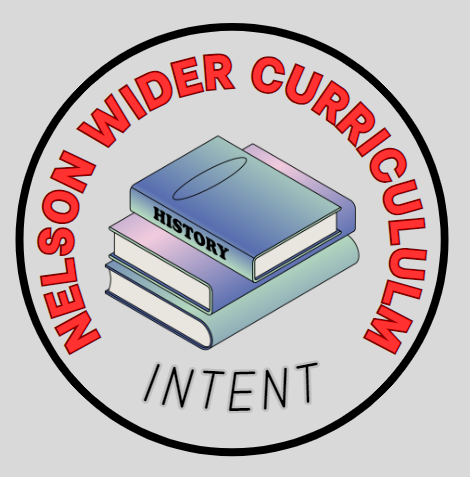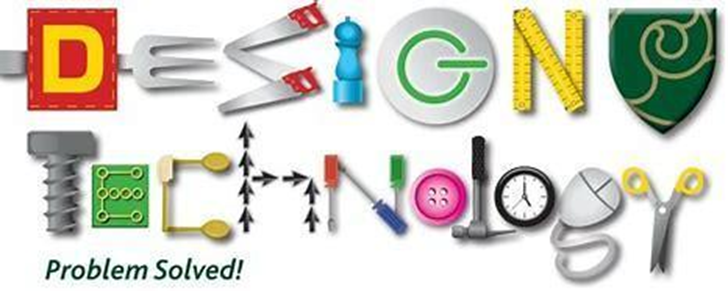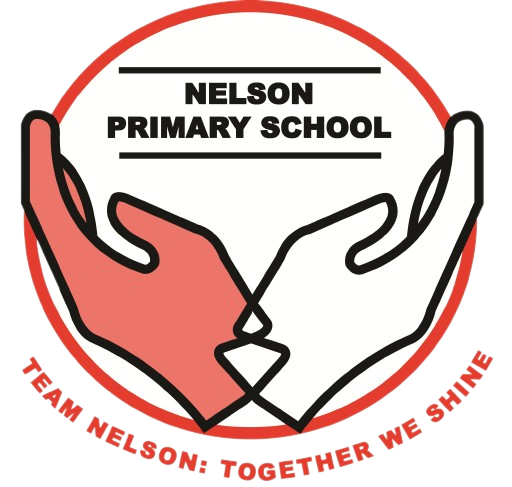Design & Technology Zone
Our Design and Technology curriculum at Nelson Primary School is driven by a vision that places creativity at the core of problem-solving. We define creativity as 'the ability to use imagination purposefully, applied to real-world problems.' By fostering a practical and creative learning experience, our goal is to empower pupils with lifelong skills that not only encourage problem-solving but also cultivate creativity—a quality highly valued in the modern world.
 Our Design and Technology curriculum aligns seamlessly with the overarching intent of our primary school. We believe that academic excellence alone is insufficient in preparing pupils for the challenges of the contemporary world. In accordance with our school's intent, our D&T curriculum aims to equip pupils with the ability to think innovatively, solve problems, and consider the needs of others.
Our Design and Technology curriculum aligns seamlessly with the overarching intent of our primary school. We believe that academic excellence alone is insufficient in preparing pupils for the challenges of the contemporary world. In accordance with our school's intent, our D&T curriculum aims to equip pupils with the ability to think innovatively, solve problems, and consider the needs of others.
-
Problem-Solving and Eco-Friendly Habits:
-
We encourage our pupils to use their imagination to tackle real-world problems through designing and making products for practical purposes.
-
Our focus on instilling eco-friendly habits involves teaching pupils to reuse, recycle, and upcycle items, fostering responsible citizenship and environmental sustainability.
-
-
Preparation for the Modern World:
-
Recognising the evolving demands of the job market, our curriculum emphasises thinking beyond traditional boundaries. We guide pupils to consider the impact and usability of the products they design.
-
We stress the importance of testing, refining, and developing pupil made products to ensure effectiveness and alignment with the needs of others.
-
-
Life Skills:
-
Our curriculum extends beyond traditional D&T boundaries to include essential life skills. This involves teaching basic cooking and nutrition principles, emphasising affordability and simple culinary abilities. We want our children to be able to put together some flat-packed furniture, change a plug and a light bulb and whip up some quick and easy meals!
-
-
Progressive Skill Development:
-
The curriculum is well planned and sequenced to ensure the progressive development of skills from Early Years to Key Stage 2.
-
For instance, in Key Stage 1, pupils learn basic sewing to create puppets for role play and discover the value of reusing materials by making skipping ropes from plastic bags. In Key Stage 2, they advance to upcycling various materials, creating coasters from newspapers, yoyos from plastic lids and bags, and quilts from old t-shirts.

-
